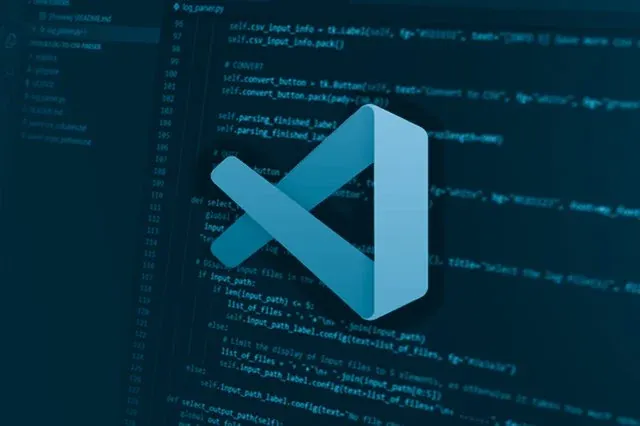Google Brings Colab Features to VS Code With New Extension
The launch follows strong demand from users who wanted to bridge the gap between VS Code’s rich editing capabilities and Colab’s notebook execution and compute access.

Google has launched a new Google Colab extension for Visual Studio Code (VS Code), enabling developers to harness Colab’s powerful notebook features directly within the VS Code editor.
The launch follows strong demand from users who wanted to bridge the gap between VS Code’s rich editing capabilities and Colab’s notebook execution and compute access.
“We've seen the passion from the community to bridge the gap between powerful VS Code development and web-based Colab notebooks through blog posts, forum threads, and popular GitHub repositories detailing workarounds. All of this made it clear that Colab users want the power and simplicity of Colab inside the VS Code editor they are already using,” Spencer Shumway, Product Manager,Google Colab; Kevin Eger, Senior Software Engineer,Google Colab and Ashley Toney, Senior Software Engineer, Google Colab, wrote in a blog post.
The extension lets VS Code users connect their local notebooks to Colab runtimes— including GPU and TPU-powered environments— without leaving the editor. For Colab users, it brings full IDE features to notebook workflows.
Getting started involves just a few steps: install the Colab extension from the VS Code marketplace, open a .ipynb file, choose the “Colab” runtime, and sign in with a Google account. From there, users can execute code using Colab’s infrastructure while building and editing in VS Code.
Google said the extension is also published to Open VSX for compatibility with VS Code derivatives. The company described this as the first step in deeper integration between Colab and VS Code, with more enhancements planned.
With this integration, Google is helping close the divide between traditional IDE editing and notebook-based workflows, offering developers a more seamless environment that combines local project structure with cloud compute flexibility.




